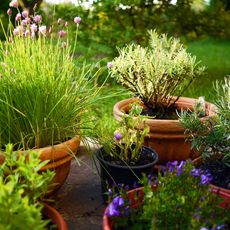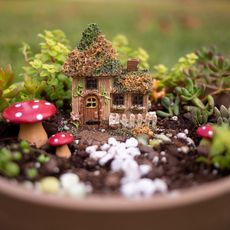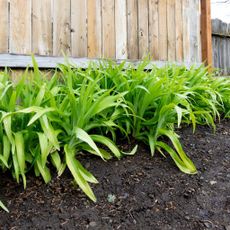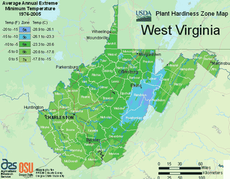Top of the Crop
Your ultimate guide to Top of the Crop: Everything you need to know with expert info for beginners and advanced gardeners alike.
Top of the Crop
-

7 Most Surprising Fertilizers Found In Your Kitchen
By Nikki Tilley
-

24 Houseplants for Each Type of Friend
A houseplant is an ideal gift, but not every houseplant is right for every person. Click here for our houseplant gift guide.
By Mary Ellen Ellis
-
Top 5 Indicator Plants for Gardens
By Nikki Tilley
-
Top 5 Lawn Alternatives To Grass
By Bonnie Grant
-
Top 5 Shrubs for Screening
By Liz Baessler
-
Top 5 Pests That Attack Garden Plants
By Mary H. Dyer
-

Top 5 Tips for Attracting Gnomes to the Garden
By Nikki Tilley
-
Top 10 Plants for Hydroponic Gardening
By Teo Spengler
-

Top 5 Plant Choices for Hot Climates
By Bonnie Grant
-

Top 10 Plants for Fairy Gardens
By Bonnie Grant
-

Top 10 Plants for Honeybees
By Mary H. Dyer
-

Top 10 Ways to Identify Plants
By Darcy Larum
-

Top 5 Plants for Clay Soil
By Mary H. Dyer
-

Top 5 Gardening Quotes for Inspiration
By Darcy Larum
-
Top 5 Plants For Making Potpourri
By Mary Ellen Ellis
-
Top 10 Plants Deer Don't Like
By Mary Ellen Ellis
-

Top 10 Edible Leafy Greens
By Amy Grant
